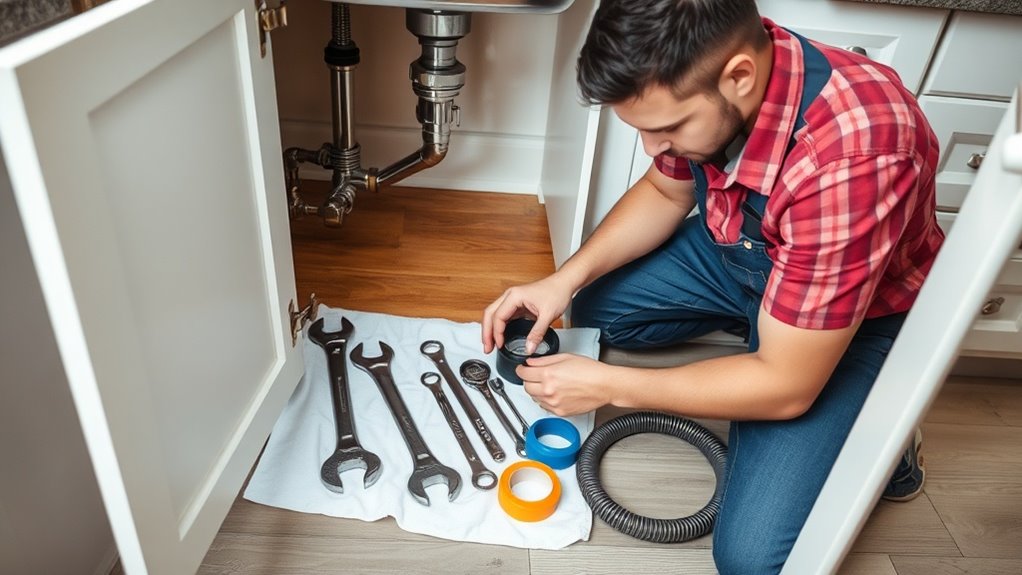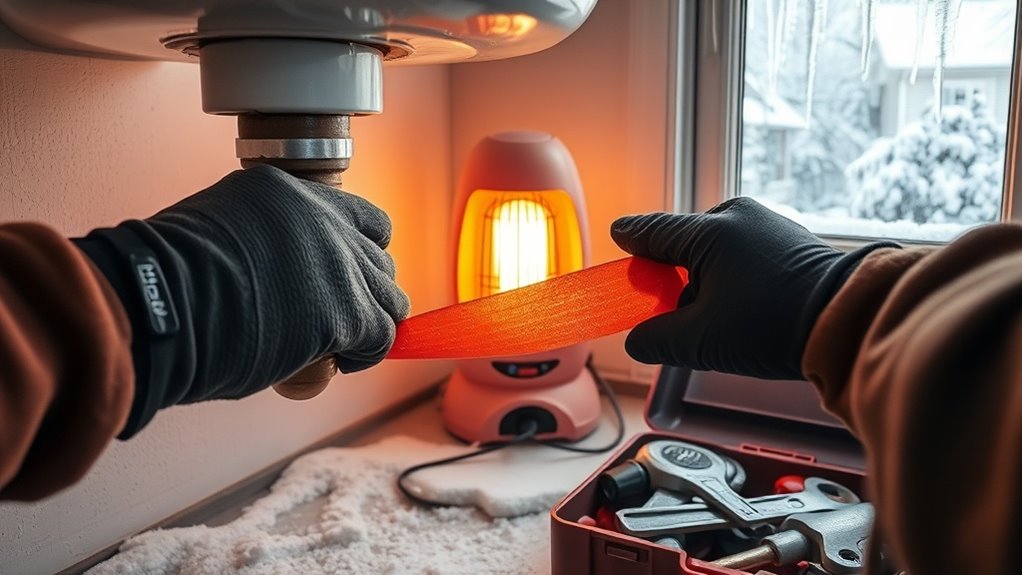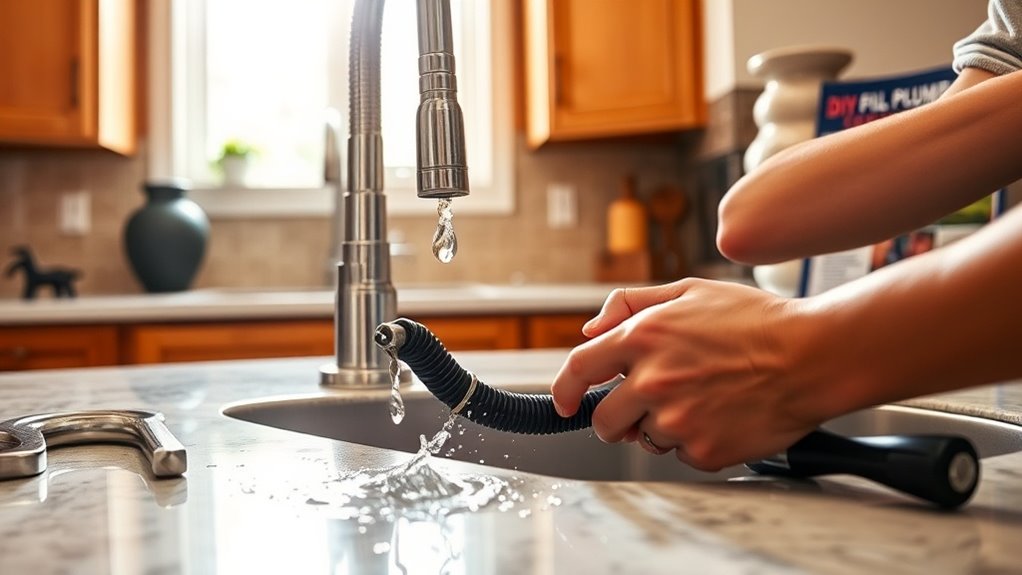Table of Contents
Montgomery County’s Ultimate Plumbing Repair Guide Homeowners Swear By
Montgomery County homeowners swear by our comprehensive plumbing repair guide that addresses local challenges from frozen pipes to summer drainage issues. We’ve compiled essential tools, DIY solutions for common clogs, and seasonal maintenance tips that have saved residents thousands in service calls. Our guide includes when to tackle problems yourself with local supplier recommendations and when to call professional plumbers. The following expert advice from licensed plumbing contractors will transform how you handle household plumbing emergencies like water heater failures, toilet backups, leaky faucets, burst pipes, sewer line blockages, garbage disposal malfunctions, water pressure problems, and basement flooding. Montgomery County Water and Sewer Authority regulations and rebate programs are also covered for residents in Bethesda, Silver Spring, Rockville, Gaithersburg, and Germantown neighborhoods dealing with older home plumbing systems.
Essential Tools Every Montgomery County Homeowner Should Own

The five essential plumbing tools every Montgomery County homeowner needs can save you hundreds in emergency service calls.
We recommend investing in a quality plunger for quick clog removal and an adjustable pipe wrench for loosening stubborn connections.
Don’t forget a reliable pipe cutter to make clean cuts when replacing sections, and a basin wrench for reaching those awkward sink nuts and bolts.
Finally, keep plumber’s tape on hand for sealing threaded connections and preventing leaks.
A flashlight, drain snake, toilet auger, adjustable pliers, and leak detection tools are also valuable additions to your toolkit.
Montgomery County’s older homes in areas like Bethesda and Silver Spring often have unique plumbing challenges.
Local hardware stores like Home Depot, Lowe’s, and Strosniders Hardware carry quality options.
With these tools, you’ll handle minor emergencies before they become costly disasters requiring WSSC Water emergency services or expensive Montgomery County licensed plumbers.
Tackling Frozen Pipes During Harsh Winter Months

Nearly every Montgomery County winter brings freezing temperatures that can wreak havoc on your home’s plumbing system.
We’ve found that prevention is your best defense—insulate exposed pipes in unheated areas and keep cabinet doors open during cold snaps to allow warm air circulation.
If you discover a frozen pipe, act quickly.
Turn off your water main, then gradually warm the affected pipe using a hairdryer, heating pad, or warm towels. Never use open flames or boiling water.
For pipes that have already burst, shut off your water immediately and call a professional plumber.
The damage can escalate rapidly if not addressed, potentially causing water damage to walls, floors, ceilings, and personal belongings. Most homeowner’s insurance policies cover burst pipes, but prevention is more cost-effective.
Consider installing pipe insulation, heat tape, or pipe heating cables in vulnerable areas like attics, basements, crawl spaces, and exterior walls.
During extreme cold weather, letting faucets drip slightly can prevent pressure buildup. Smart thermostats and water leak detection systems can provide early warnings of potential problems.
Montgomery County residents should know that local hardware stores stock emergency pipe repair kits, and the county’s water utility emergency line can provide guidance during pipe emergencies.
DIY Solutions for Common Drain Clogs and Backups

Let’s tackle those frustrating drain clogs with practical DIY solutions for both kitchen and bathroom plumbing problems.
We’ll share effective methods to clear kitchen sink blockages like grease buildup and food debris, simple tricks for unclogging st
